Date:
November 19, 2024 9:00 a.m. - 6:00 p.m.
November 20, 2024 9:00 a.m. - 4:00 p.m.
Language:
Location:
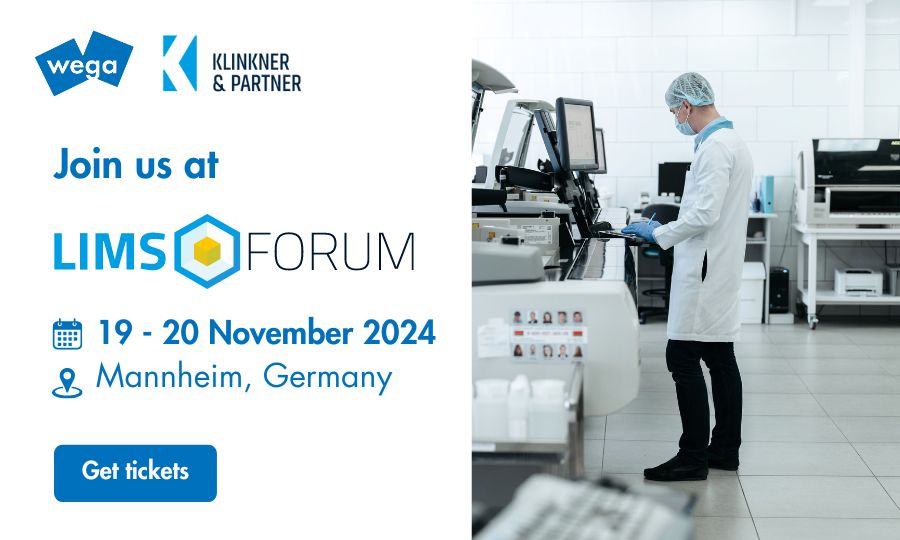
Two-day forum in Mannheim
The LIMS Forum, which has been held annually for over 20 years, offers LIMS users and IT administrators a comprehensive opportunity to find out about the latest developments and technologies in the field of laboratory digitization. The two-day event enables participants to get to know current systems and applications and to exchange ideas with experts and users from other laboratories. The forum is aimed at laboratories that want to replace existing solutions with professional standard solutions, replace older LIMS systems or continuously develop digitization.
More details about the event can be found here.
Preview of the program
Day 1
- Welcome (Dr. Roman Klinkner)
- Keynote - Digitalization in research laboratories - findings from a study (Dr. Thomas Steinmann)
- 4 lectures on LIMS basics
- LIMS exhibition with action area
- 4 lectures on special issues
- Dinner and Get Together (sponsored by Labordatenbank)
Day 2
- LIMS exhibition with action area
- 2 lectures on LIMS basics
- 3 lectures on special issues
Our lectures
Action Area contribution
Date: On both days in the Action Area
User-centric laboratory digitization - Or how the application of smart digitization brings real added value to the laboratory
Imagine your data and results "automatically" following you as you work paperlessly in the lab. Using PAC-ID (Publicly Addressable Content Identifier) and T-REX (Trivial Record Exchange), open and standardized intelligent building blocks for the lab, data is seamlessly transferred between instruments, ELN or LIMS without the need for a major IT project or extensive infrastructure.
Sounds too good to be true? Attend one of our presentations to discover the magic behind this scenario. You will also experience a live demo showing how these components can be implemented in a real laboratory environment.
LIMS - your path to the digital future in the laboratory: increased efficiency, data integrity and compliance
Date: Tuesday, November 19, 2024, from 9:50 - 10:35 a.m.
Laboratories are currently facing a variety of challenges: increasing demands on quality and compliance, growing data volumes and more complex workflows. A modern LIMS can help you to master these challenges and make your laboratory fit for the future.
While there are various software solutions in the laboratory environment that cover individual task areas, LIMS offers an integrated platform that covers the entire life cycle of samples and data.
Benefits for the participants:
Participants will receive a comprehensive overview of the benefits and functionality of LIMS compared to other laboratory software solutions. They will learn how a LIMS can help their laboratory to increase efficiency, improve quality, ensure compliance and enhance collaboration.
Discussion round on organizational change management
Date: Wednesday, November 20, 2024, from 2:30 - 3:30 pm
1. introduction and importance of OCM in the laboratory
- What is OCM (Organizational Change Management) and why is it important in the laboratory environment?
- What challenges does the change in the laboratory entail?
- How can OCM help to successfully overcome these challenges?
2. success factors for OCM in the laboratory
- What important success factors should be considered when implementing OCM in the laboratory?
- How can the communication and involvement of employees in the change process be ensured?
- What role does management play in the successful implementation of OCM?
3. practical examples and best practices
- Can you give examples from your practice of how OCM has been successfully implemented in the laboratory?
- Which best practices have proven themselves in the laboratory environment?
- What challenges did you face when implementing OCM and how were they solved?
For us on site:
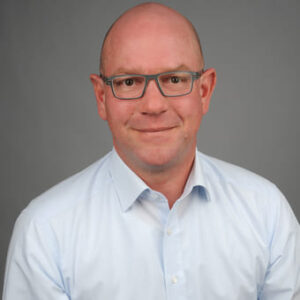
Joachim Thewalt
Expert in analyzing and capturing business requirements.
He specializes in analytical laboratory processes in the life science environment and is familiar with many software products on the market that enable the implementation of paperless laboratory solutions from both the user and the technical side.
He is familiar with the requirements for specifying and implementing validated systems in accordance with the GAMP guideline. He is also experienced in managing requests for proposals (RfP) for customers or responding to RfPs on behalf of suppliers.
His life science knowledge enables him to mediate between the needs of users and the technical possibilities of IT systems.
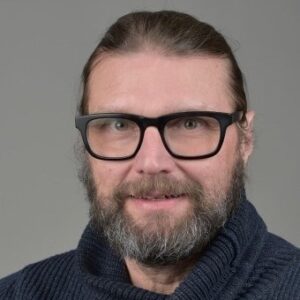
Joachim Post
Senior Consultant and Business Analyst at wega Informatik with a focus on process optimization, laboratory digitization and selection of suitable software for laboratory processes (e.g. LIMS). He is a certified Professional Scrum Master and Professional Product Owner(scrum.org) and has more than 25 years of experience in project management of various projects in IT (especially laboratory IT), including more than 16 years of management experience as IT manager and IT manager in an international life science company with more than 20 laboratory sites.
At wega, he continues to coordinate all internal activities relating to LIMS and, as a mentor, actively supports the further development of colleagues within the company.
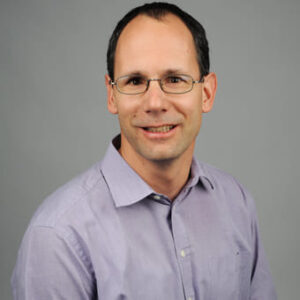
Daniel Juchli
Head of the Laboratory and Research Informatics department at wega and Chief Technical Officer (CTO) at the SiLA consortium.
With over 20 years of professional experience in both chemistry and computer science, Daniel speaks the language of both scientists and IT experts and can translate between the needs of users and the technical capabilities of IT systems.
Daniel is an expert in the digitalization of laboratories and leads projects for the selection, implementation or development of laboratory automation and IT solutions in the life science environment.
Since joining SiLA in 2014 as the SiLA Supporting Member representative for wega Informatik, he has played an important role in the development of the laboratory connectivity standard SiLA 2.
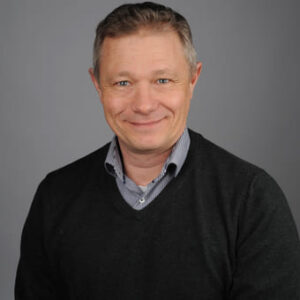
Mathias Fuchs
Scrum Master, Agile Coach, IT Consultant and since 2011 co-host of the non-profit Swiss ICT event series: "Agile Breakfast Basel".
Mathias has been working on a variety of agile topics for several years. In particular, the reasons for the success and failure of agile transitions are an important area of research and interest for Mathias.
He has successfully led several agile workshops and is a speaker at conferences on agile topics.
